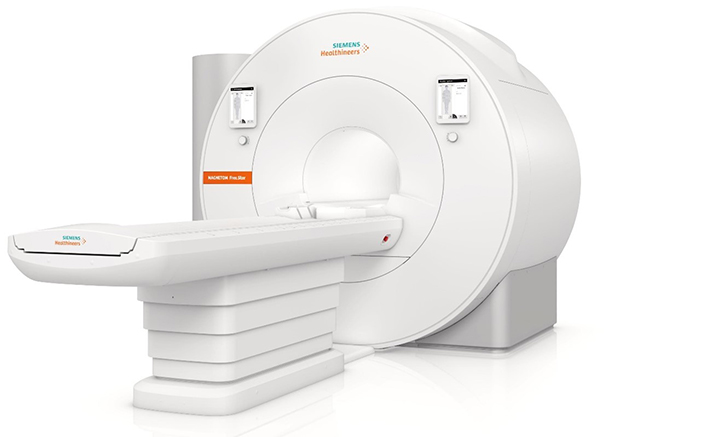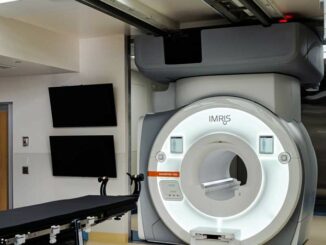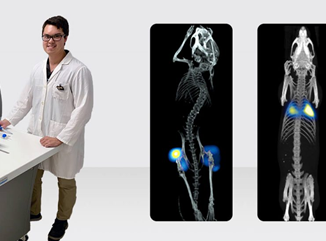
Siemens Healthineers has received clearance from the U.S. Food & Drug Administration for its smallest and most lightweight whole-body magnetic resonance scanner ever, the Magnetom Free.Star. Designed as a cost-effective unit to help improve patient access to MRI, it is the second scanner on the company’s High-V MR platform following the Magnetom Free.Max. Both units are based upon its DryCool superconducting magnet technology.
The Free.Star has a 60 cm patient bore and combines a 0.55 Tesla field strength with deep learning technologies and advanced image processing. Weighing 3.3 tons and less than 80 inches high, it requires less than 1 liter of liquid helium and no quench pipe, contributing to reduced infrastructure and lifecycle costs. Reduced energy consumption contributes to a reduction in total lifecycle costs of more than 30 percent compared to conventional scanners, says the company.
“Siemens Healthineers believes that patients everywhere deserve access to magnetic resonance imaging and its unique benefits,” said Jane Kilkenny, vice president of the magnetic resonance business at Siemens Healthineers North America. “The Magnetom Free.Star is further proof of our steadfast commitment to providing customers with MRI scanners that are more cost-effective, more easily operable, and more easily sited for installation at a wide variety of healthcare institutions across the United States.”
“Our new DryCool magnet is a key enabling element of our ground-breaking Magnetom Free.Max MRI system,” observes Simon Calvert, head of product innovation and chief technology officer, in the company’s Magnetom Flash publication. The development and production program for the new generation magnet lasted four years but was preceded by a research program lasting seven years, focused on completely transforming and deploying new superconducting MRI magnet technologies, he explains. “The program included developing new magnet coil technology and structural concepts as well as realizing a dramatic reduction in our dependency on increasingly expensive, and sometimes scarce, liquid helium coolant.” For more info, see www.siemens-healthineers.com.



